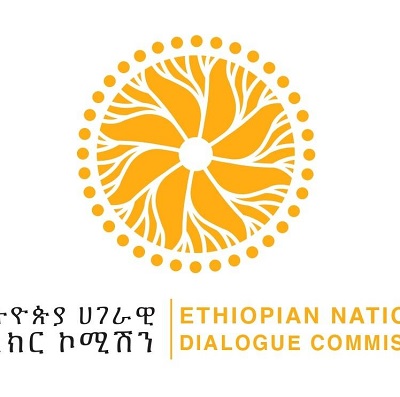
Ethiopia and Somalia have agreed to formalize their military cooperation through a “Status of Force Agreement” (SOFA) for their forces and enhance their counterterrorism efforts in Somalia.
The agreement comes following diplomatic talks between Ethiopian Prime Minister Abiy Ahmed and Somali President Hassan Sheikh Mohamud in Addis Ababa, along with subsequent discussions between military leaders in Mogadishu.
Obviously, Ethiopia and Somalia share a complex and evolving relationship, driven by shared security concerns, economic ties, and regional dynamics. Both nations face significant threats from extremist groups like Al-Shabaab, which has driven them to strengthen their cooperation in military, intelligence, and diplomatic efforts, focusing on enhanced counterterrorism strategies and boosting regional stability.
On account of this, Ethiopia has consistently demonstrated its commitment to combating terrorism and promoting regional stability. During times of instability, especially when Somalia faced threats from Al-Shabaab, Ethiopia played a key role in providing military, logistical, and diplomatic support. Through its involvement in African Union Mission in Somalia (AMISOM) and other initiatives, Ethiopia helped weaken Al-Shabaab’s influence, restored peace in areas that were once under the control of insurgents and supported Somalia’s broader peace building efforts. This military commitment has been vital in promoting peace, allowing for the establishment of governance structures and facilitating the provision of humanitarian assistance to the affected communities.
Beyond its military role, Ethiopia has also played a constructive part in Somalia’s political landscape. Understanding that lasting peace cannot be achieved by force alone, Ethiopia has been instrumental in facilitating peaceful dialogue between Somalia’s central government and regional authorities, who often have differing views on issues of governance and autonomy. Through diplomatic initiatives, Ethiopia has created a platform for these factions to engage in constructive dialogue, easing tensions and contributing to the development of a more inclusive and unified political system.
Ethiopia has also been an important partner in Somalia’s ongoing security sector reforms. It has offered technical support and expertise to strengthen Somalia’s security institutions, including the national army and police forces. These reforms are crucial for Somalia to maintain its own security in the long run, reduce reliance on external forces and foster the development of local governance. Ethiopia’s support in these areas has laid the foundation for lasting peace and stability, which is necessary for Somalia’s broader development goals.
By combining military, diplomatic, and developmental strategies, Ethiopia has shown that comprehensive approach is critical to addressing Somalia’s complex security challenges and promoting lasting peace and stability in the Horn of Africa. Through these tangible actions, Ethiopia has consistently demonstrated its dedication to ensuring a secure and prosperous future not only for Somalia but for the entire Horn of Africa and beyond.
In sum, the recent agreement between the two sisterly countries marks a significant milestone in enhancing counterterrorism efforts, improving regional stability and reinforcing the African Union Support and Stabilization Mission in Somalia (AUSSOM). The agreement deepens bilateral ties in their shared battle against Al-Shabaab and plays irreplaceable role in securing long-term peace, security, and stability in the Horn of Africa, across the African continent and globally. It also contributes meaningfully to broader international efforts- to winning the struggle against terrorism and maintaining international peace and stability.
THE ETHIOPIAN HERALD WEDNESDAY 26 FEBRUARY 2025


